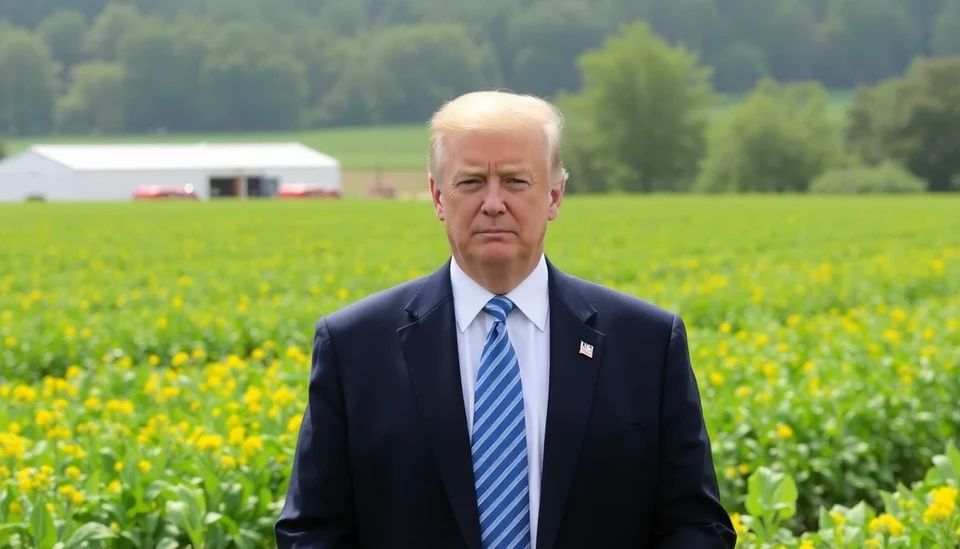
In an outspoken critique, the outgoing United States Secretary of Agriculture has expressed strong discontent with a recent report released by the Environmental Protection Agency (EPA) concerning the impact of biofuels. The report, which evaluates the environmental and economic implications of biofuel production and use, has sparked controversy in agricultural circles, particularly among farmers and biofuel producers who feel their interests have been overlooked.
The Secretary, who will soon be stepping down from his position, highlighted several key areas where he believes the EPA's findings fall short. He indicated that the EPA's analysis lacks a comprehensive view of the benefits that biofuels contribute to rural economies and the environment. In particular, the Chief emphasized the positive effects of biofuels in reducing greenhouse gas emissions, promoting energy independence, and supporting agricultural markets, all of which he feels are inadequately addressed in the EPA's report.
During a press conference, he stated, "We cannot ignore the fact that biofuels provide a crucial pathway towards a more sustainable future. The data presented by the EPA seems to disregard substantial evidence that supports the role of biofuels in mitigating climate change." This statement resonated with many industry stakeholders who have been advocating for stronger support for biofuel initiatives.
The Secretary articulated his concerns that the EPA’s focus may hinder policy advancements beneficial to the biofuel sector, potentially jeopardizing jobs and economic growth in rural America. He underscored that a balanced approach is necessary, one that recognizes the dual benefits of biofuels as both an agricultural product and a sustainable energy source.
In addition, he pointed out discrepancies between the EPA's report and previous studies that endorse biofuels as a greener alternative to fossil fuels. This inconsistency seems to pose challenges for legislators aiming to promote renewable energy initiatives. The Secretary urged the EPA to collaborate more closely with agricultural experts and stakeholders moving forward, ensuring that future reports are informed by a wide array of perspectives.
The agricultural leader's remarks come at a pivotal time as the U.S. government is reassessing its energy policies. The controversy surrounding the EPA report is likely to have far-reaching implications on biofuel regulations, subsidies, and overall energy strategy in the coming years. As policy decisions loom, the Secretary’s criticisms could ignite renewed discussions around how biofuels fit into America’s broader climate and energy objectives.
It remains to be seen how the EPA will respond to these criticisms and whether there will be any revisions to their findings or approaches to biofuel regulations, especially given the impending leadership transition at the Department of Agriculture. Stakeholders from various sectors will be watching closely as developments unfold, eager to understand the future landscape of biofuels in the United States.
The tension between the agricultural sector and environmental agencies reflects an ongoing debate over the best pathways to achieve sustainability and economic prosperity. As the new administration takes charge, biofuels may remain a hot-button issue facing policymakers and industry leaders alike.
#Biofuels #USDA #EPA #Environment #Agriculture #RenewableEnergy #SustainableFuture
Author: Sophie Bennett




